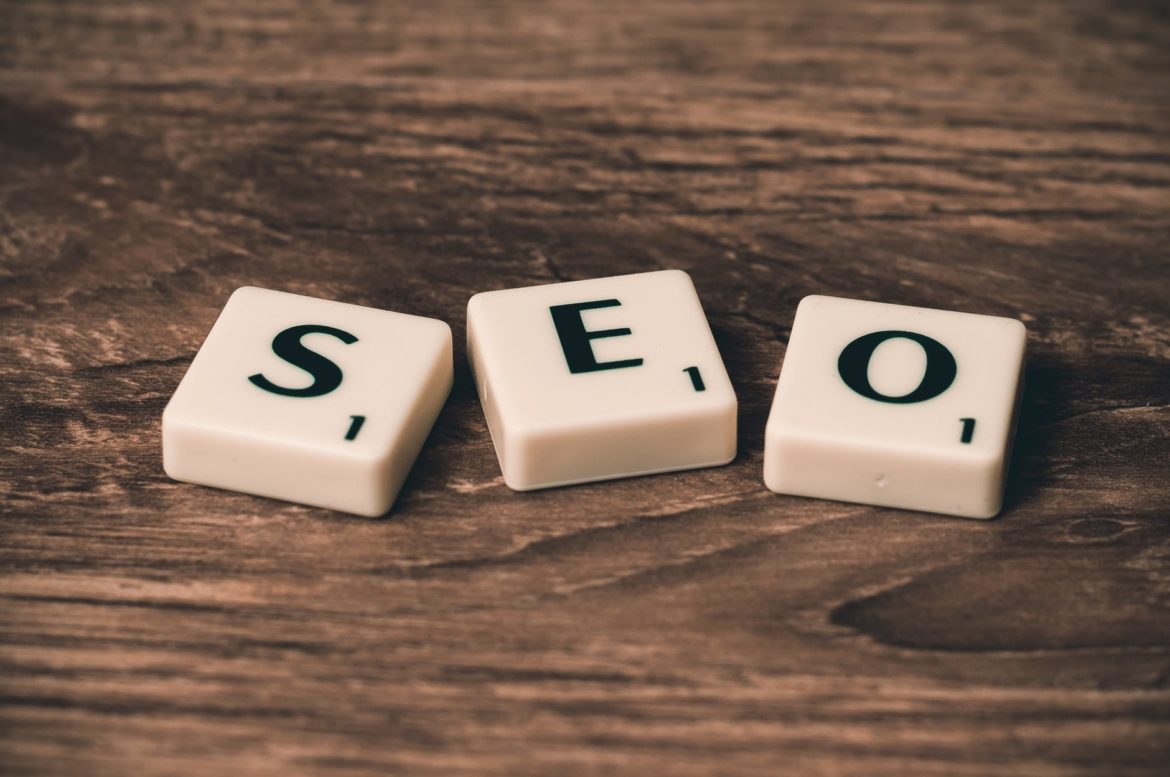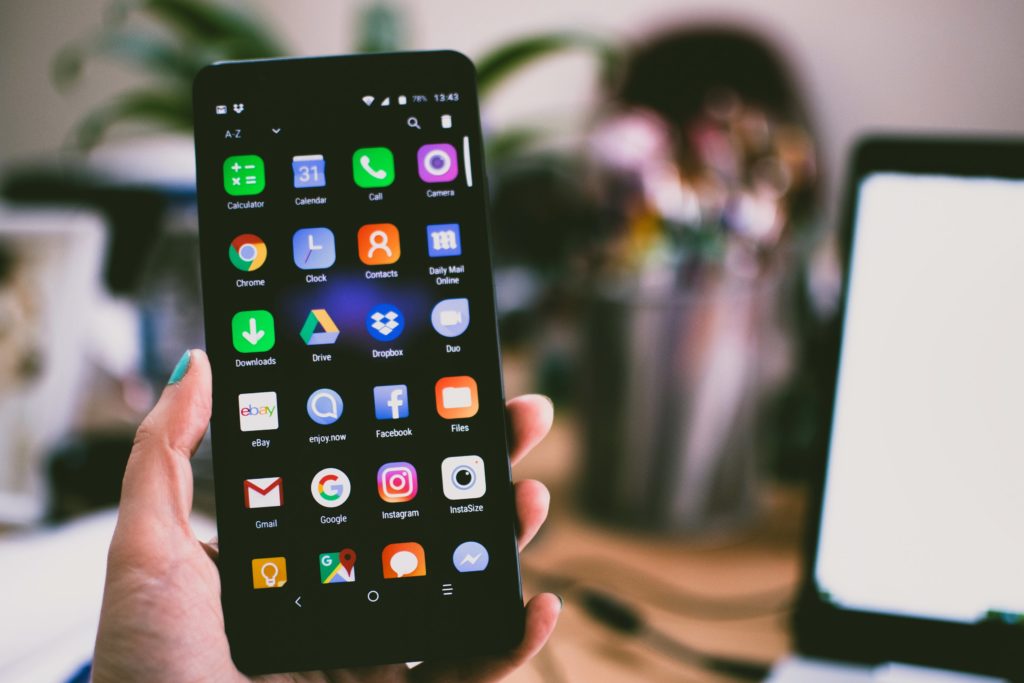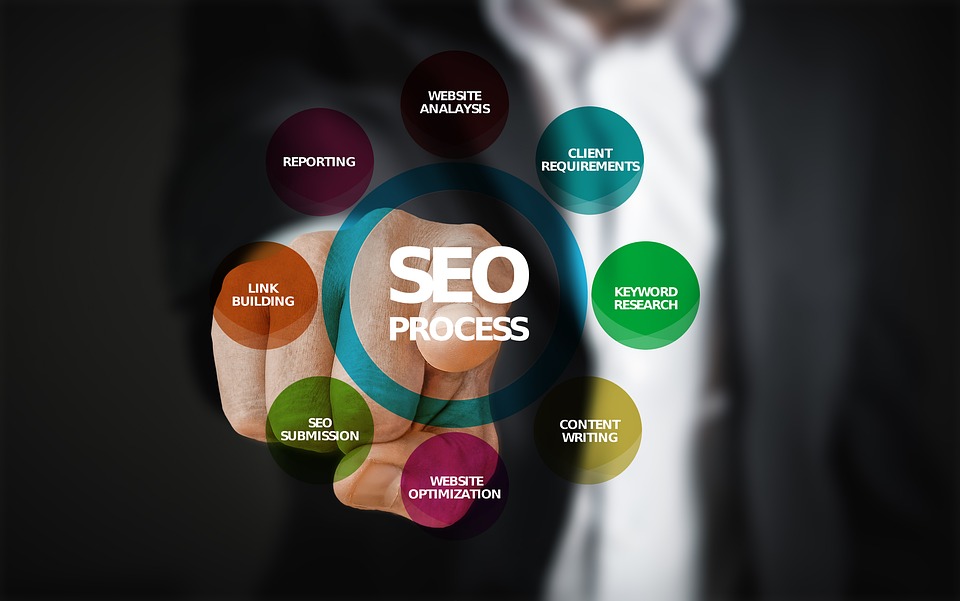There is always a very heated discussion about how social media has an impact on search engine optimization. It refers to how activities on social media can influence the volume and quality of organic traffic generation by search engines. Social media is important from the point of better SEO in ways more than one; not only does it make your SEO more effective but also more rewarding. Even though they seem to be completely different, they do complement each other. However, it should be explicitly understood that social media does not directly influence SEO so there is no obvious and direct link between better search engine rankings and social media. Even though it was thought that Google does not consider social media links as a ranking factor, according to Google has confirmed that links shared on Twitter and Facebook are considered as ranking signals.
Why Does Google Disregard Social Signals?
Most people assume that the reason why Google does not factor in social media while allocating rankings is that it does not crawl social media profiles; however, this is not true as it views the content as well as the published links just as if they were normal HTML pages of a website. Since Google is very much aware of how unscrupulous marketers can play the system and increase the number of followers, likes, shares, and other such social signals, it does not take them into account for allocating the rank on the SERPs. Another possible reason why Google ignores social media signals is that they are far too voluminous for it to take into consideration. Despite everything, it is quite evident that social media does send out enough signals for them to affect SEO, and this is one more reason why marketers need to have an active presence on social media.
SEO and Social Media Working Hand in Hand
The main purpose of search engine optimization is to get more visibility in search results so that a larger number of users click on the URLs and generate organic traffic to the website. On the other hand, social media marketing is all about maximizing the power and reach of social networks to facilitate discovery and engagement by the target audience. Even though both the techniques may seem quite different from each other, even a cursory investigation will reveal that their goals overlap to a great degree, which means that they can work in a complementary manner. This is the reason why the sharp lines of differentiation that once existed between search engines and social media have become increasingly blurred and it is common to see social media platforms being used for search and search engines becoming increasingly social. A quick look at the top reasons why marketers should look at social media for improving SEO:
Enhances your SEO rankings
As we have mentioned, social media can help you increase your content’s visibility. This is because you are essentially providing a second residence for your content. And making it incredibly shareable. Because your content becomes much easier to share, you are increasing your chances of natural link building. This is because your content is much easier to find. Be sure you are using your social profiles to your full advantage. Hashtags, optimizing your profiles, and creating catchy headlines/tweets can make your engagement skyrocket and boosts your SEO.
Content on social media gets indexed: One of the most effective ways of getting your social media into top gear is to publish content on the accounts regularly. Fresh, original, relevant, and interesting content not only boosts the engagement rate of the social media audience but also you get the benefit of having the contents being indexed by search engine bots. Marketers looking to boost their engagement rate on Instagram can get Instagram followers by posting high-quality content that drives more traffic to the website and paves the way for better search rankings. For search engines to index social media content, they must be deemed to be relevant to user interests and queries so that they can be delivered as search results. For example, if you search for Shakira, most of the top-ranking results are likely to be her profile on social media, simply because Google or other search engines deem them to be the most relevant to the search intent. Another bonus is that due to the way search engines treat content in social media, it helps in getting the contents of the website indexed more quickly. For example, if the blog gets a lot of traffic from Facebook or Twitter, it will generally be indexed faster by Google because its bots can more easily find the content. It is clear, therefore, that the more active you are on social media, the better the impact on SEO and rankings.
Assists building brand authority: The website authority is a vital factor for SEO because search engines place a lot of weight on it. As far as the search engines are concerned, websites with high authority are deemed to have high value, which makes them better candidates for better rankings than sites without the same authority. It is also to be appreciated that domain authority is not something that can be achieved overnight. It grows over time due to the effect of various factors, including high-quality content and backlinks from websites that have high domain authority and credibility. Good quality backlinks can only be earned if your site has high-quality content. For those who are wondering what backlinks have to do with social media, it should be kept in mind that in the current framework, social media plays a very important role in content distribution, which means that more the influence your social media accounts have the bigger the impact on the site authority.
Social sharing buttons make it even easier to share and be shared
You can also engage with customers by sharing their user-generated content. For example, someone may publicly talk about you on their Twitter. You can easily retweet what they said and use that to increase your brand authority and trust. And if you’re actively sharing and commenting on these types of posts, customers will also want to be more engaged. Meaning they may continue to share your content or their experience with your brand to their followers. This will increase your chances of being seen by potential leads too. Whether it be a quick search or a friend of your customer simply browsing through their feed. Growth Gurus mentions “63% of consumers who search for businesses online are more likely to use ones with an informative social media presence”. So if you’re actively engaging on your social site, you have a better chance of being chosen than a competitor who is not on active on social media.
Social media lends the human touch: Even though technical SEO has a very important role to play, it is not the sole factor involved in betting a superior search ranking. According to experts, even though many of the black hat SEO practices are technical, they fail to deliver results simply because they do not involve the user. Since search engines are sensitive to the human element, they tend to discount anything that removes it from the equation. Contemporary SEO relies to a great degree on the integration of human elements for ranking in addition to the content being high quality, relevant, and valuable.
Conclusion
With social media growing exponentially in both volume and reach, it has become an integral part of content distribution and user engagement both of which are very strong SEO signals. Even though Google does not directly take into account social media in its algorithm for ranking, there is little doubt that the influence social media activity has on the target audience is picked up in various ways that end up in impacting SEO.
Author Bio – Kristen Smith has been working on the importance of social media in marketing with thousands of real Instagram followers for her postings.



